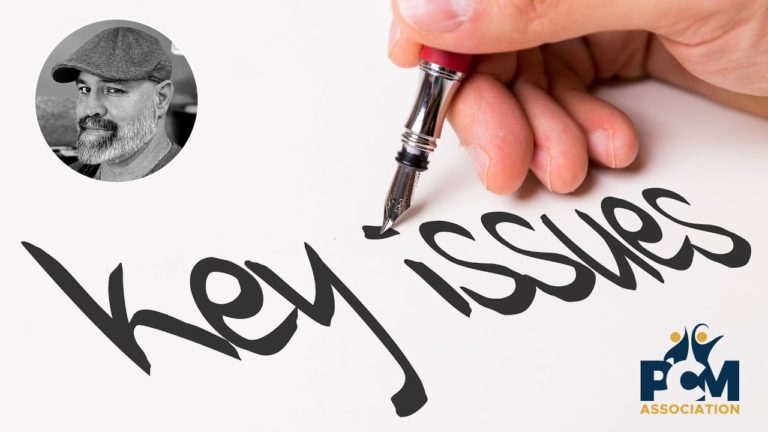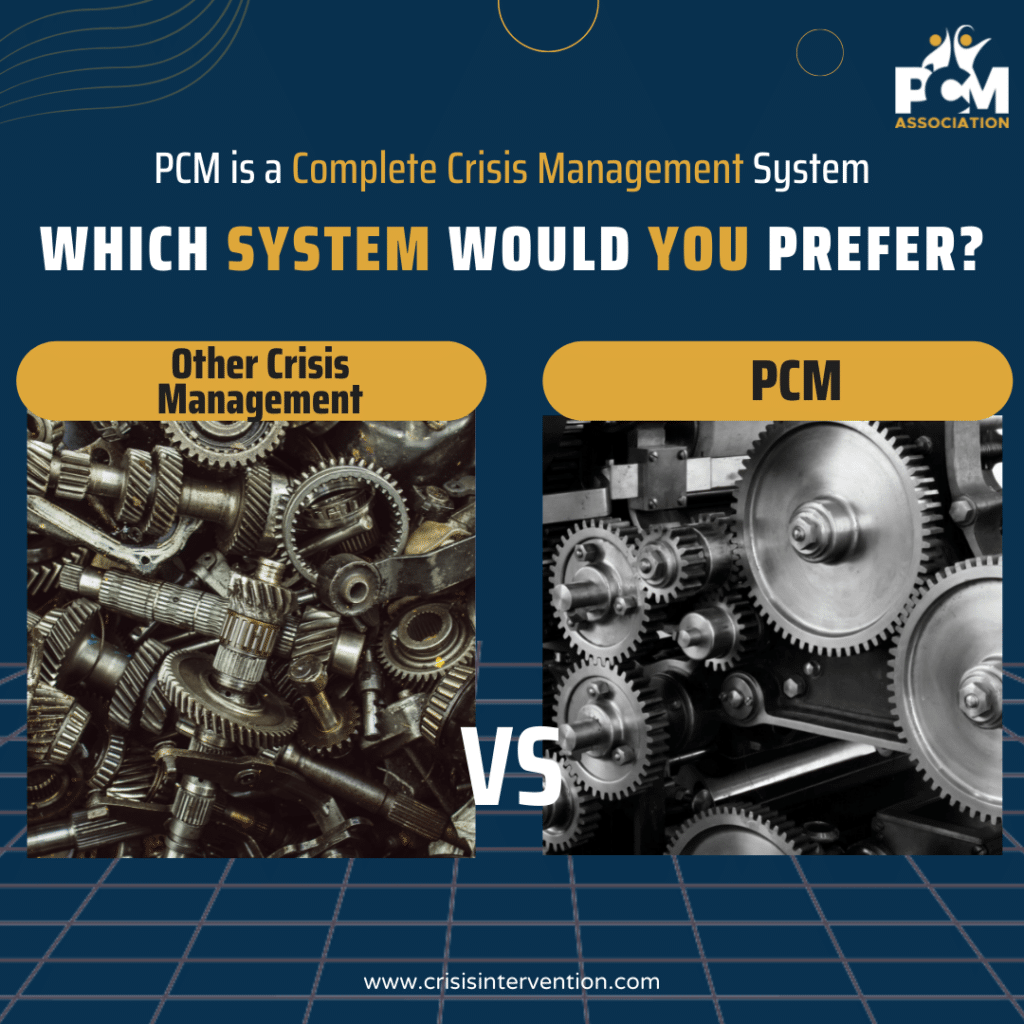What if my student / client is only good at BAD things?
What is your student/client good at?
Well, first you shouldn’t end a sentence in a preposition, but the question still stands. What is your student/client good at? People tend to like doing the things they’re good at, but what if you’re really good at pissing off grown ups? Or teasing peers? Or being aggressive?
When looking at behavior problems, try not to focus ONLY on THE bad behavior but on entire REPERTOIRES of good and bad behavior. What appropriate behaviors is the individual good at? What inappropriate behaviors are they good at? A student who is terrible at answering questions, but very good at agitating other students is maybe less likely to respond well to a behavior plan that focuses on a single replacement behavior.
For those working with students or clients with very few adaptive skills but LARGE repertoires of problem behavior, this same problem is magnified as there are so few appropriate things they are good at and so many inappropriate things in which they are “experts.”
When people become very good at appropriate skills, not just that they show the skill more than they used to, but they become fluent, it will generally make treatment more effective. It’s not that making individuals “experts” at appropriate behavior is the only way to get improvement or that it will stop all bad behavior, but it’s probably easier to “let go” of one repertoire of behavior if you have others to turn to.

